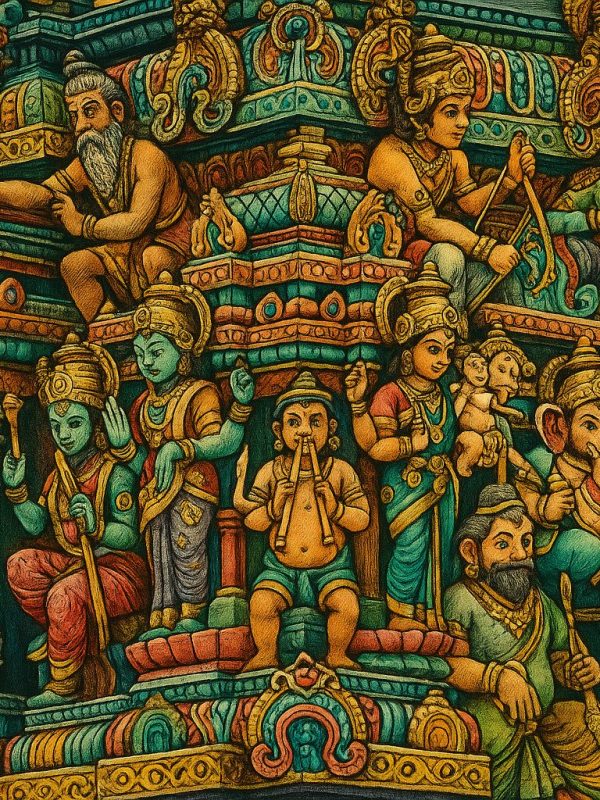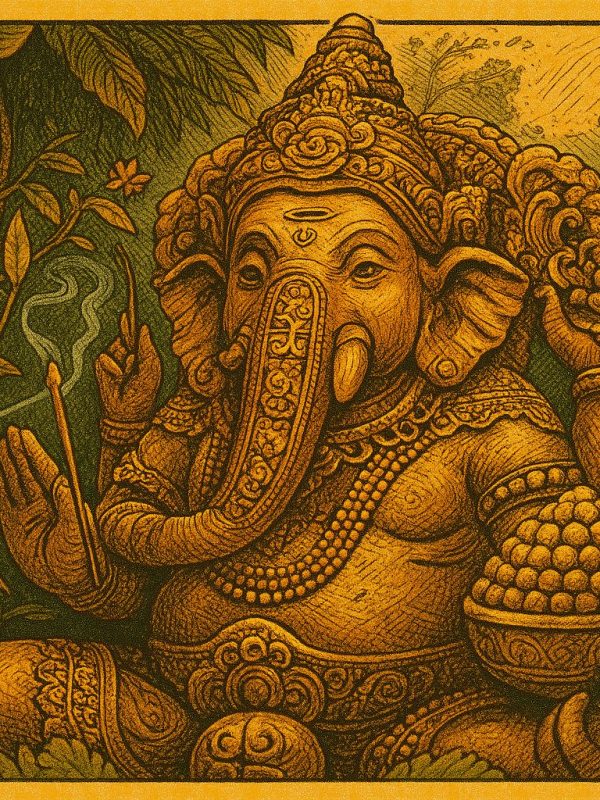The Four Goals of Life in Hinduism (Purusharthas)
Hinduism doesn’t just ask “What is the meaning of life?”—it hands you a structured answer.
That answer is the Purusharthas: the four core goals or aims of human life—dharma, artha, kama, and moksha. Together, they form a holistic life design framework that balances ethics, ambition, pleasure, and spiritual freedom.
For a modern seeker, the Purusharthas function like a four-part compass:
How do I live with integrity? (Dharma)
How do I create material stability and impact? (Artha)
How do I honor desire, joy, and connection? (Kama)
How do I move toward deep inner freedom? (Moksha)
This article unpacks each goal in clear language and shows how you can use them to design a balanced, purpose-driven life.
The Four Goals of Life in Hinduism (Purusharthas) Read article





